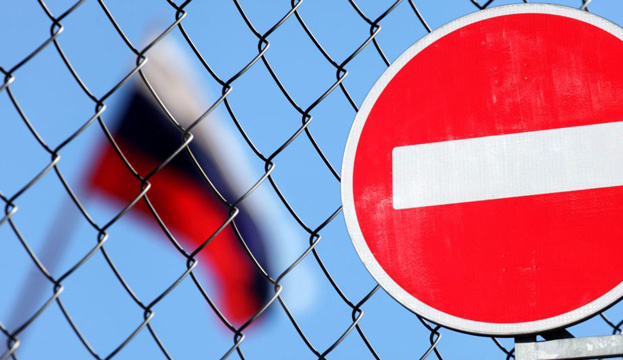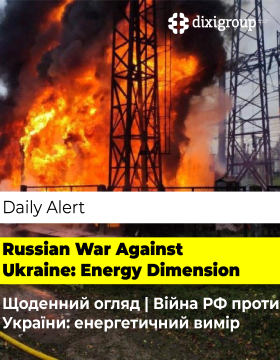Чому можливе нафтогазове ембарго проти Росії
Впровадження нафтового ембарго проти Росії вважається остаточною економічною зброєю для підриву кремлівського режиму

ЄС активно обговорює впровадження нафтового ембарго проти Росії, яке вважається остаточною економічною зброєю для підриву кремлівського режиму. На порядку денному також зниження залежності від імпорту російського газу. США та Велика Британія вже зробили цей крок, і настав час для ЄС також знайти політичну волю.
⚡️Хоча країни-члени ЄС все ще розходяться щодо цього питання, як це було у випадку з "Північним потоком-2" до війни, лише розмова про ембарго без його накладення грає на руку Москві, яка все ще отримує високі прибутки від різкого зростання цін на енергоносії. Ці прибутки можуть бути використані для подальшого живлення жорстокої російської війни, що завдає страждань і болю мільйонам українців. Отже, якщо потрібно вжити заходів, то їх потрібно вжити негайно!
⚡️Насправді, такий крок був би не першим в історії Заходу. Дві нафтові кризи 1973 та 1979 років із ринковими потрясіннями, пов’язаними з ними, є чи не найважливішою подією у сучасній економічній історії.
⚡️Хоча можна вважати це катастрофою для західних економік і ринків, таке сприйняття не враховує деякі важливі довгострокові наслідки, які зробили Європу та США більш стійкими до перебоїв у постачанні енергії...
Повний текст англійською у pdf - https://bit.ly/3sWb45V
The EU is actively discussing implementation of the oil embargo against Russia, which is considered to be the ultimate economic weapon to undermine the Kremlin regime. Decreasing the dependence on Russian gas imports is also on the agenda. The US and the UK have already made this step and it is time for the EU to find political will as well.
While the EU member states are still divided over the issue, as was the case with Nord Stream 2 before the war, just talking about embargo without imposing it plays into the hand of Moscow, which still enjoys higher profits resulting from soaring energy prices. These profits can be used to further feed cruel Russian war, inflicting suffering and pain upon millions of Ukrainians. Thus, if action is to be taken, it has to be taken immediately!
As a matter of fact, such a move would not be the first one in the history of the West. The two oil crises of 1973 and 1979 with market shocks related to them are among one of the most important events in modern economic history. While one may consider it a disaster for the Western economies and markets, such perception overlooks some important long-term consequences which made Europe and the U.S. more resilient to energy supply disruptions.
Political background. The 1973 oil embargo was targeted primarily at the Western countries that supported Israel in the Yom Kippur War. By imposing embargo, the Arab countries were making political statement in the first place. Now, the collective West also has an opportunity to take a proactive position and effectively signal Russia that its actions are unacceptable.
Overlooked interdependence. The 1973 oil embargo clearly showed the vulnerabilities of the Western countries as oil importers and gave impetus to diversification, greater investment in exploration and stockpiling of strategic reserves. The negative impact of reliance on a single or dominant source of supply (Russia) also becomes more and more clear now. This makes the price of embargo higher, yet it’s the price which has to be paid to contain the aggressor and prevent further war crimes in Ukraine.
Disparity of interests. Both in 1973 and now, Europe is far more dependent on external energy supplies than the U.S. This fact determines the more cautious position of the EU in the issue of the embargo, now and then. This cautiousness shouldn’t be the obstacle to joint action.








